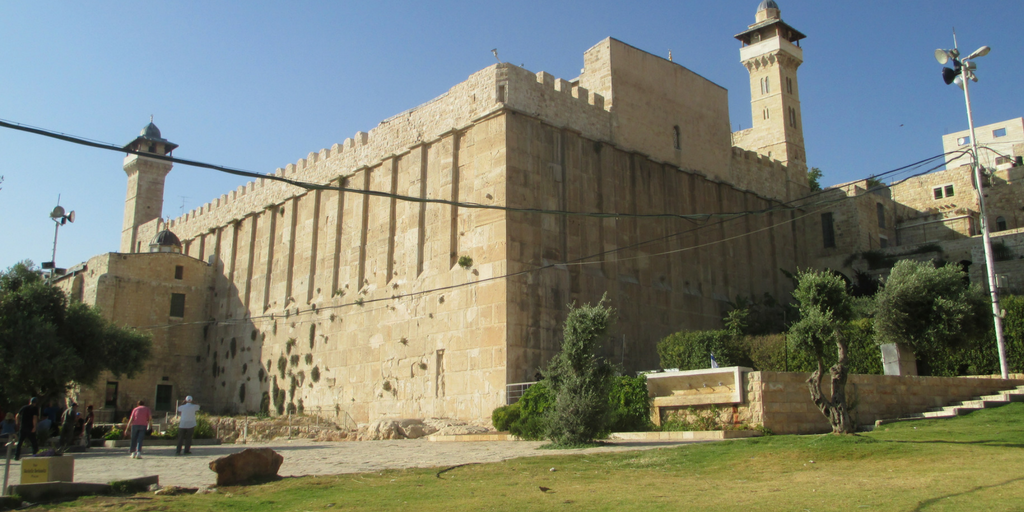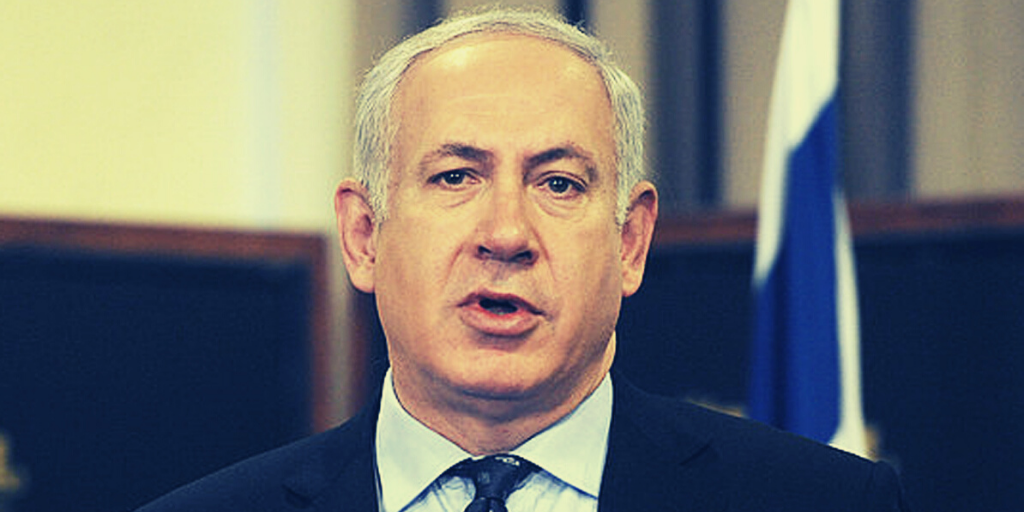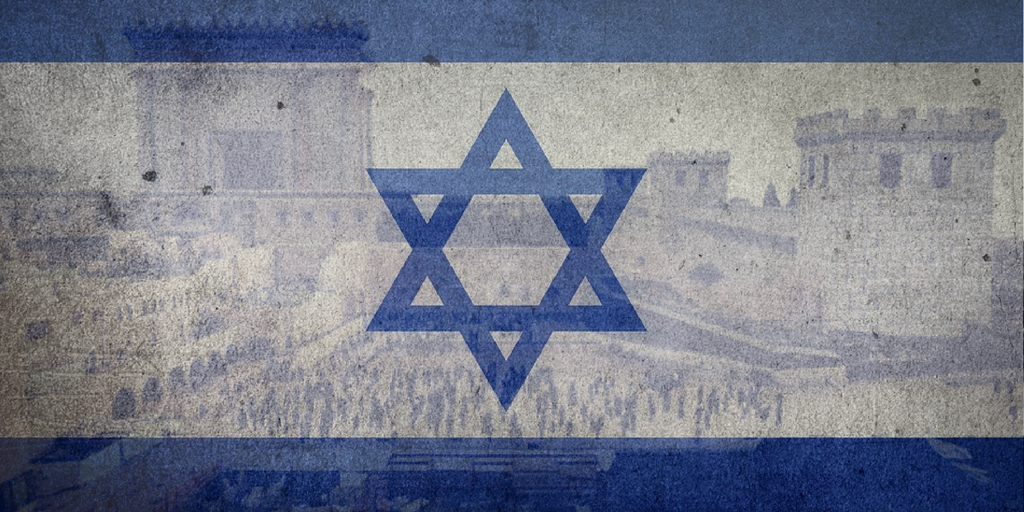Rebbe Nachman teaches the following:
“Repentance entails returning the thing to where it was taken from. This is the aspect of zarka, about which the holy Zohar brings: It was zarak (thrown back) to the place from which it was taken. What place is that? It is Chokhmah (Wisdom). For Chokhmah is the root of all things, as it is written (Psalms 104:24), “You created everything with wisdom.”
Returning to our roots is repentance itself. This applies at an individual level, within the person’s consciousness, as well as national, when we return to our roots in the Land of Israel.
This is why Rav Kook says the following at the end of the first chapter of Orot Eretz Yisrael:
“Anticipating of redemption is the force which maintains Jewry in exile, and the Judaism of the Land of Israel is the redemption itself.”
No where is this more apparent than Hebron.
Hebron is the burial place of the Patriarchs and Matriarchs of the Jewish people, as well Ruth, Yishai, and many more ancient graves. It is our roots, our past, and the foundation for our future Kingdom. More than anything it is the testament that this Land is ours. The Cave of the Patriarchs is the oldest Jewish building stills standing dating back nearly 2000 years, built by Herod as a monument over the ancient cave where Abraham, Isaac, Jacob, Sarah, Rebecca, and Leah are buried. The sages teach that Adam and Eve are also buried there.
Hebron is a city of conflict. It is a place where we the Jewish people have struggled, fought, lost, and now have returned.
Our roots are our source of strength and faith. These roots are what gives us our ability to push forward even at times where we have no strength.
This is why the decision by Defense Minister Naftali Bennett to build a new neighborhood on the ground of a formerly Jewish one, which had been taken over by Arabs after the massacre of the Hebron Jewish community is so important.
It is a return to our roots – repentance.
This is also why so many voices from the left and Arab Palestinians have come out against such a decision. They wish to stop us from returning, from repenting, from cleaving to our path that begins by reconnecting to our roots.

The following is an excerpt from a speech Rav Kook gave at the memorial service for the victims of the 1929 massacre in Hebron:
“Despite the terrible tragedy that took place in Hebron, we announce to the world, “Our strength is now like our strength was then.” We will not abandon our holy places and sacred aspirations. Hebron is the city of our fathers, the city of the Machpelah cave where our Patriarchs are buried. It is the city of David, the cradle of our sovereign monarchy.”
“Those who discourage the ones trying to rebuild the Jewish community in Hebron with arguments of political expedience; those who scorn and say, “What are those wretched Jews doing?”; those who refuse to help rebuild Hebron — they are attacking the very roots of our people. In the future, they will have to give account for their actions. If ruffians and hooligans have repaid our kindness with malice, we have only one eternal response: Jewish Hebron will once again be built, in honor and glory!”
“The inner meaning of Hebron is to draw strength and galvanize ourselves with the power of Netzach Yisrael, Eternal Israel.”
“That proud Jew, Caleb, announced years later, “I am still strong… As my strength was then, so is my strength now” (Joshua 14:11). We, too, announce to the world: our strength now is as our strength was then. We shall reestablish Hebron in even greater glory, with peace and security for every Jew. With God’s help, we will merit to see Hebron completely rebuilt, speedily in our days.”







